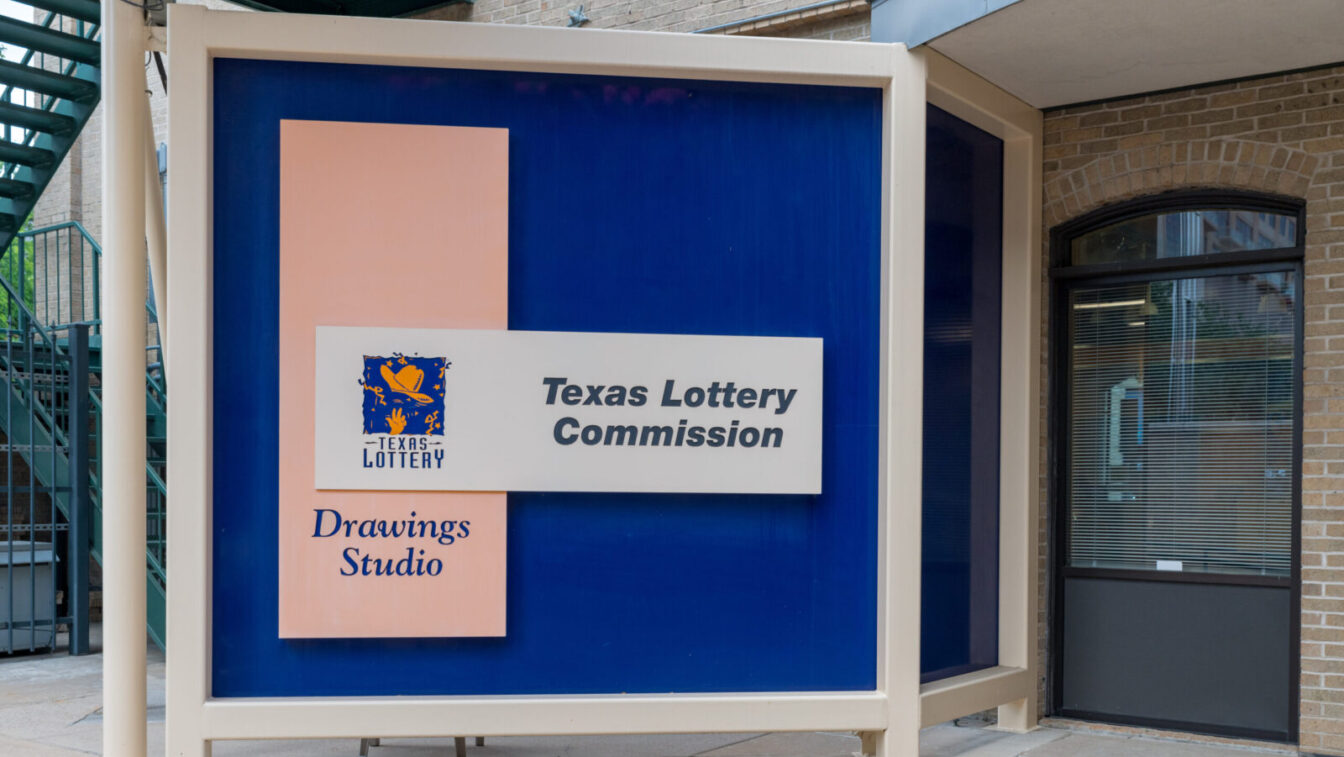How The New Projected Texas Sports Betting Market Size Compares To California, New York, And Florida
There’s money to be made if and when the second most populous state in the US legalizes
3 min

A recent report from a respected independent research firm in the gambling industry predicted a legal online sports betting market in Texas could generate $24 billion in handle in its first year and up to $30 billion by the end of its third year.
Both numbers would immediately make Texas the largest legal market for the activity in the United States.
From the handle, Eilers & Krejcik projected $2.4 billion in revenue in Year 1 and $3.5 billion in Year 3.
So … how do those numbers compare to projections for California, the only larger still-untapped market in the U.S.? Or to New York, the current largest legal sports betting market? Or even to projections for Florida, the most populous state with legal wagering?
Let’s dig in.
Little to no momentum in two largest states
The two biggest cash cows in America for commercial sportsbook operators are California and Texas, and both still have no legal and regulated sports wagering.
At this point, it’s hard to say which state feels closer to finally succumbing to inevitability and legalizing sportsbooks.
Republicans have a stranglehold on the Texas government, and the state’s GOP has historically been very anti-gambling expansion. While last year’s sports betting bill did make it through the House, Lt. Gov. Dan Patrick didn’t even let the Senate discuss it. And with the GOP gaining another seat in the Senate in this past election, legalized sports betting feels highly unlikely in the immediate future.
In California, meanwhile, the dismal result of Prop 27 in the 2022 election firmly established that tribes will have full control over the sports betting trajectory. Tribal leaders have hinted they’re returning to the drawing board to create another sports betting proposal, although it’s not likely to hit the ballots until 2028.
California projections ahead of Texas
Before the 2022 election, expert projections for the size of the California sports betting market ranged anywhere from $30-$40 billion in handle, with some even jumping as high as $60 billion. And most revenue projections hovered in the $3.1-$3.4 billion range.
So those put California’s projected market size slightly ahead of a Texas market, which makes sense — California is ahead of Texas in population, too, at 39 million to 30.5 million. Many of those California estimates were Year 1 figures, too, so the market at full maturity would likely have an even larger gap with Texas’ mature market, which EKG pegged at $30 billion.
There is also a much more significant gambling presence in California, with upward of 60 tribal casinos throughout the state, compared to a tiny handful of small tribal casinos in Texas.
How Texas would compare to major East Coast markets
New York is currently the largest legal sports betting market in the U.S. In 2023, $19.2 billion was wagering on sports in New York (the fourth-most populous state at 19.6 million), which was about $7.2 billion more than second-place New Jersey.
And, in terms of handle, it would be blown away by the projections for a legal Texas market. That’s how huge the economic impact could be if lawmakers pass a sports betting bill in the Lone Star State.
Florida, which has the third-highest population at 22.6 million, will approach $12 billion in handle in 2024, its first full year with legal online sports betting. But that’s with only one app — Hard Rock Bet — in operation, as the Seminole Tribe (which owns Hard Rock) holds a monopoly in the state. If more apps enter the state, that number will likely rise — and Hard Rock has recently signaled a willingness to allow just that.
Other highlights of Texas sports betting report
The EKG report also projected that Texas would receive $363 million in annual gaming tax revenue by the fifth year of legal online sports betting — in addition to $24.3 million in non-gaming revenue related to the industry.
In terms of other economic impact, EKG predicted online sports betting would generate 7,693 new jobs — both directly related to online wagering and indirectly related to the market at large. That would lead to a $2.6 billion economic output tied to online sports betting jobs.
EKG also put forth a hypothetical scenario in which an operator decides to establish a headquarters or regional headquarters in Texas. The firm theorized that an office that supports up to 1,000 jobs would generate up to $136 million in annual income, while adding that if an operator the size of DraftKings or FanDuel set up shop in Texas, the impact could be closer to 8,500 jobs and $643 million in annual income.
The EKG report said its handle and revenue projections were “conservative” and that it based those predictions on a handful of market trends and assumptions and some major tenets of the sports betting bill that passed the Texas House last year, including:
- No retail sports betting
- Up to 15 licensees
- A 15% tax rate
- “Aggressive” promo spending from operators
- No major limitations on bet types or markets
EKG’s report was commissioned by the Sports Betting Alliance, which consists of DraftKings, FanDuel, BetMGM, and Fanatics Sportsbook. SBA advocates for legal sports betting across the U.S., with its specific current efforts focused on legalizing in Texas and Georgia and pushing against increased sports betting taxes in Louisiana.





